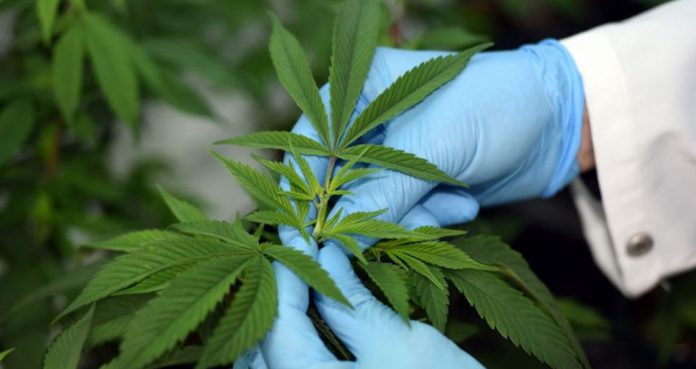The federal government of the United States will be spending around $3 million to determine whether CBD (cannabidiol), an ingredient found in cannabis plants, can help alleviate pain.
However, none of the funds will be spent
On Thursday, the government announced that nine research grants have been allotted for studying CBD, the cannabis ingredient that has been trending across the nation for its beneficial effects on a variety of medical conditions. Please note that the government excluded THC research.
Though more than 30 states have legalized medical marijuana that is prescribed to treat certain medical conditions, the federal government said it would still consider marijuana an illicit drug.
Medical marijuana has been found extremely effective at treating chronic pain, which is why so many states have legalized cannabis. However, it is unclear which part of cannabis is useful in treating chronic pain.
Dr. David Shurtleff, the deputy director of the National Center for Complementary and Integrative Health (NCCIH), said, “The science is lagging behind the public use and interest. We’re doing our best to catch up here.”
The NCCIH is funding the research.
Dr. Shurtleff explained that THC has already undergone extensive research and it has a great potential for addiction as well as abuse, making it “unsuitable for treating pain.”
The government has taken the step to find out the effects of CBD on treating pain because of the country’s opioid crisis. The United States has been facing an opioid epidemic, with people overusing opioid painkillers. This has forced the government to conduct research on determining the pain-relieving effects of marijuana.
The NCCIH said that two more studies would be conducted on humans, which is expected to be funded in the second round of grant awards.
In July, the National Institute on Drug Abuse announced that it would be growing more than 4,400 pounds of cannabis this year at the University of Mississippi. The university holds the sole federal contract for producing marijuana for research purpose only.
Scientists in Illinois are hoping to build a library of effective ingredients present in cannabis plants.
David Sarlah of the University of Illinois said, “We make them from scratch and test them one by one. Marijuana contains such tiny amounts of the interesting ingredients that it’s too costly and time-consuming to isolate enough for research.”
Sarlah and his colleague Aditi Das would be making the chemicals and running the tests on the mice. Das said, “There are so many beneficial effects that patients report. We need to know the science behind it.”





















